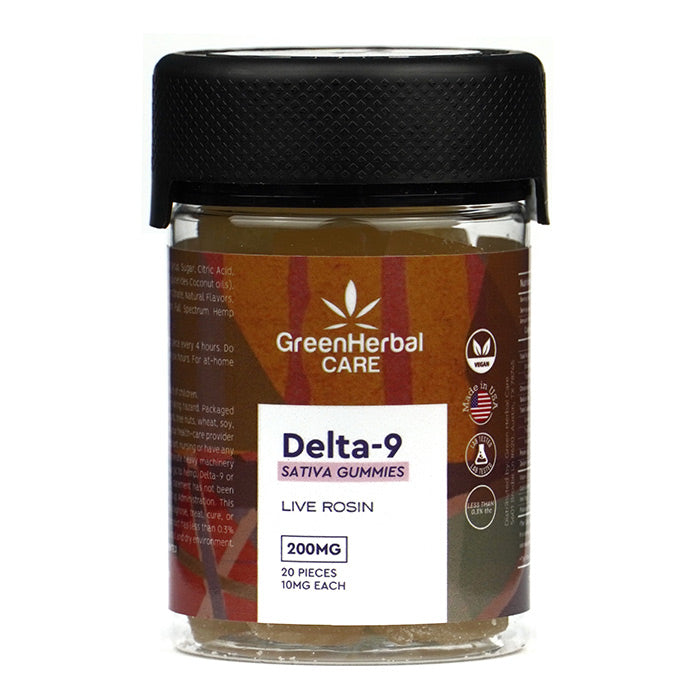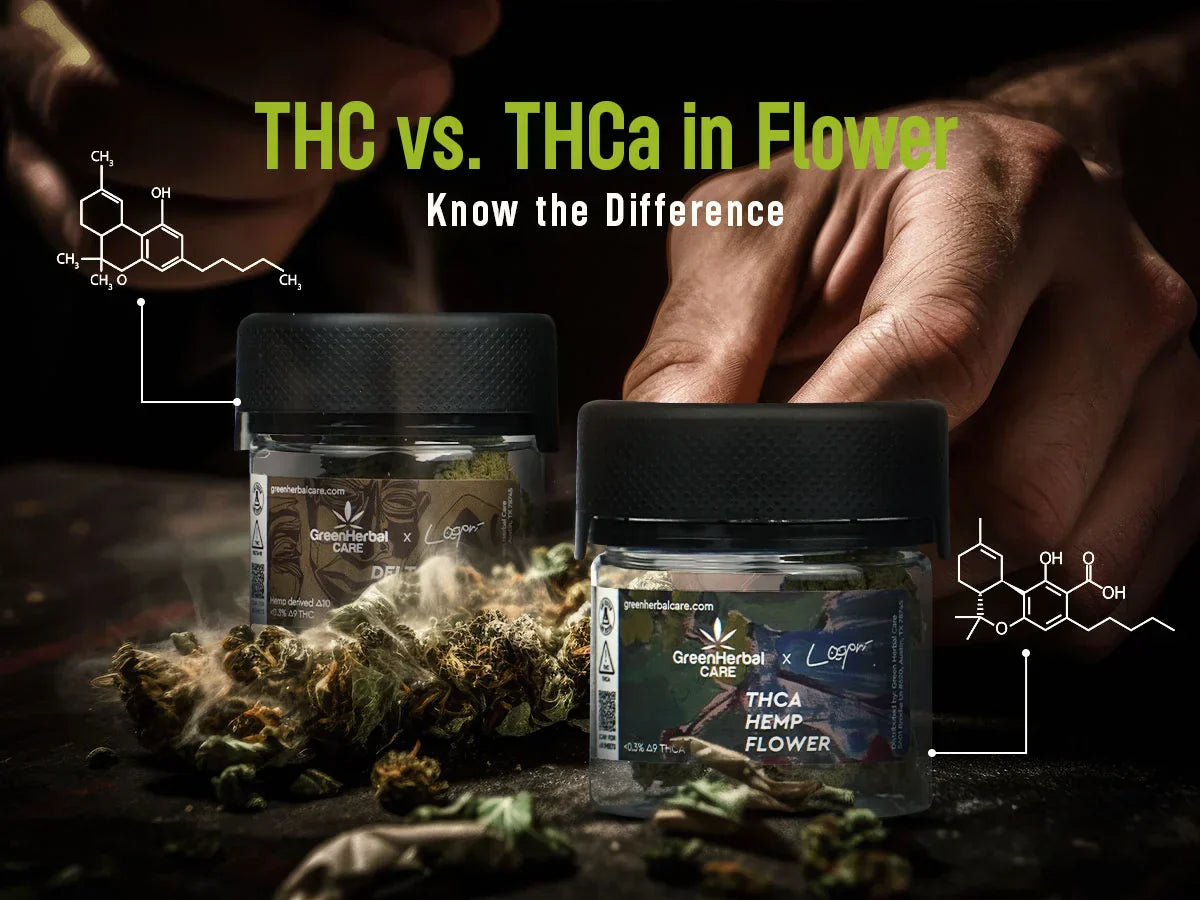Hemp is a complex plant with many compounds that create its flavors, effects, and potential health benefits. Understanding the differences between THC and THCa flower has become crucial for recreational users and people seeking hemp’s therapeutic benefits. Both terms are recurring in the world of cannabinoids.
In this blog post, we explore the distinctions between them, including their effects, so you know whether to look for THC or THCa sale and why.
What is THCa?
THCa is a non-psychoactive cannabinoid occurring naturally in raw hemp plants. It is the precursor to THC, so it eventually changes into THC through decarboxylation. THCa is available in abundance in fresh and undried hemp flowers. Ever since its entry into the market, its popularity reached the same level as THC for its many therapeutic benefits.
What is THC?
Unlike its predecessor, THC is the primary psychoactive component in hemp. The high, which users associate with hemp consumption, is a direct result of consuming THC. THC is the decarboxylated, evolved form of THCa. It interacts with the body’s endocannabinoid system, specifically with the brain’s CB1 receptors, to produce psychoactive effects.
Shop THCA Products
What is Decarboxylation?
Decarboxylation involves heating the cannabinoid through smoking, vaping, or cooking. This process also occurs naturally in maturing hemp plants. The heat removes a carboxyl group from the THCa molecule to trigger its psychoactive effects. No decarboxylation means no high because THCa does not bind to CB1 receptors like THC.
Benefits and Effects of THCa
While THCa is non-psychoactive, it has several potential therapeutic benefits, including:
-
Anti-Inflammatory Properties: THCa has been a promising cannabinoid for inflammation reduction, which makes it potentially useful for conditions such as arthritis and autoimmune disorders.
-
Anti-Nausea and Appetite Stimulation: It has been shown to reduce nausea and stimulate appetite, helping patients undergoing chemotherapy or experiencing appetite loss.
-
Neuroprotective Effects: According to research, THCa may have neuroprotective properties, benefiting individuals seeking relief from neurodegenerative diseases like Alzheimer’s and Parkinson’s.
- Anti-Proliferative Effects: Some studies indicate THCa’s potential ability to inhibit certain cancer cell growth. However, more research is necessary to assert this claim.
Benefits and Effects of THC
Users choose THC mainly for its psychoactive effects, but it offers unique therapeutic benefits, which include:
-
Mood Enhancement: It elevates mood and provides relief from symptoms of anxiety and depression in some users.
-
Sleep Aid: THC has been found to have sedative properties, which makes it useful for people with insomnia or other sleep disorders.
-
Muscle Relaxant: Many individuals experiencing muscle spasms use THC to relax their body. So, anybody suffering from conditions like multiple sclerosis or spinal cord injuries may find relief.
-
Pain Relief: It has been an effective natural remedy for various types of pain, such as neuropathic pain, chronic pain, and pain associated with conditions like multiple sclerosis.
- Anti-Nausea and Appetite Stimulation: THC retrieves this quality from its precursor, making it an easy, natural way to alleviate nausea and increase appetite.
Consumption Methods
How you consume these compounds plays a crucial role in determining whether you are ingesting THCa or THC:
- Raw Consumption: Eating raw hemp, such as salad dressings or juiced in smoothies, will provide THCa since it has not been decarboxylated.
- Smoking/Vaping: These processes heat the THCa, converting it to THC and delivering the psychoactive effects.
- Edibles: During cooking the THCa is decarboxylated, transforming them into THC edibles.
Legal Considerations
The legal status of THC and THCa varies by region. Some states strictly regulate THC because of its psychoactive properties. However, since THCa flower is non-psychoactive, it is often subject to different regulations. You must understand the laws in your area for both cannabinoids to ensure compliance.
Conclusion
Understanding the differences between THC and THCa is necessary, whether for recreational or medicinal purposes. THCa offers various potential health benefits without the high, while THC provides therapeutic benefits as well as the classic euphoria. By knowing how these compounds interact with the body and how different consumption methods affect them, users can make more informed decisions about their cannabis use.


